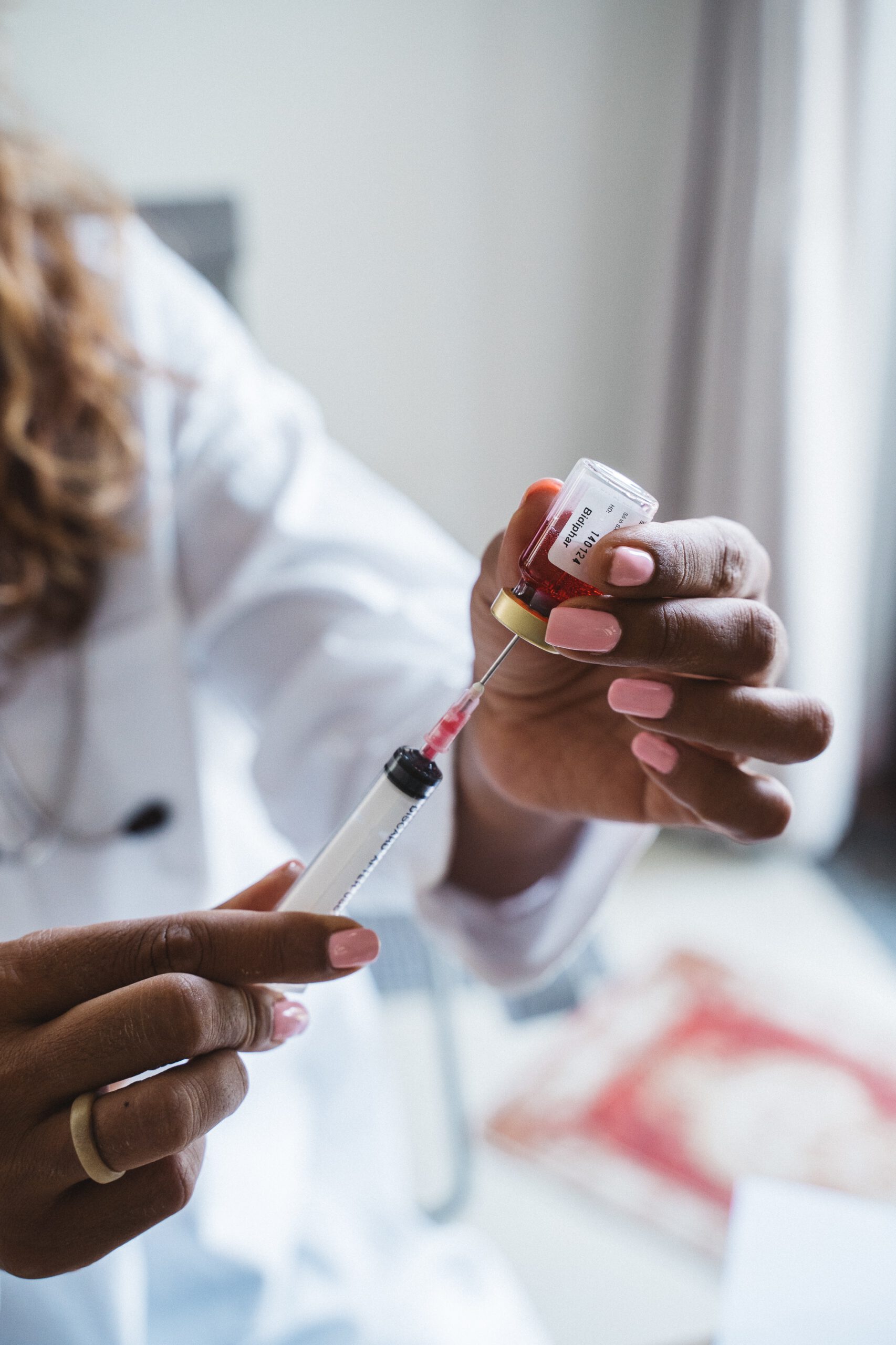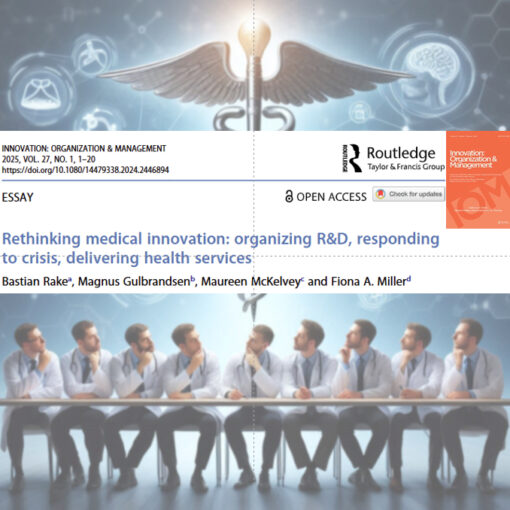Low- and middle-income countries are increasingly selected as locations for international clinical trials to tests the safety and efficacy of new drug candidates. But what are the consequences of this development for these countries? In my new book chapter, I discuss the extant literature related to this question and identify the three main —partially interrelated— concerns: a lack of contribution to building up local innovation capacity, a lack of local regulatory capacity, and the prevalence of questionable clinical research practices and fraud. Long-term capacity-building efforts of local researchers and regulators is a priority to address these concerns.





